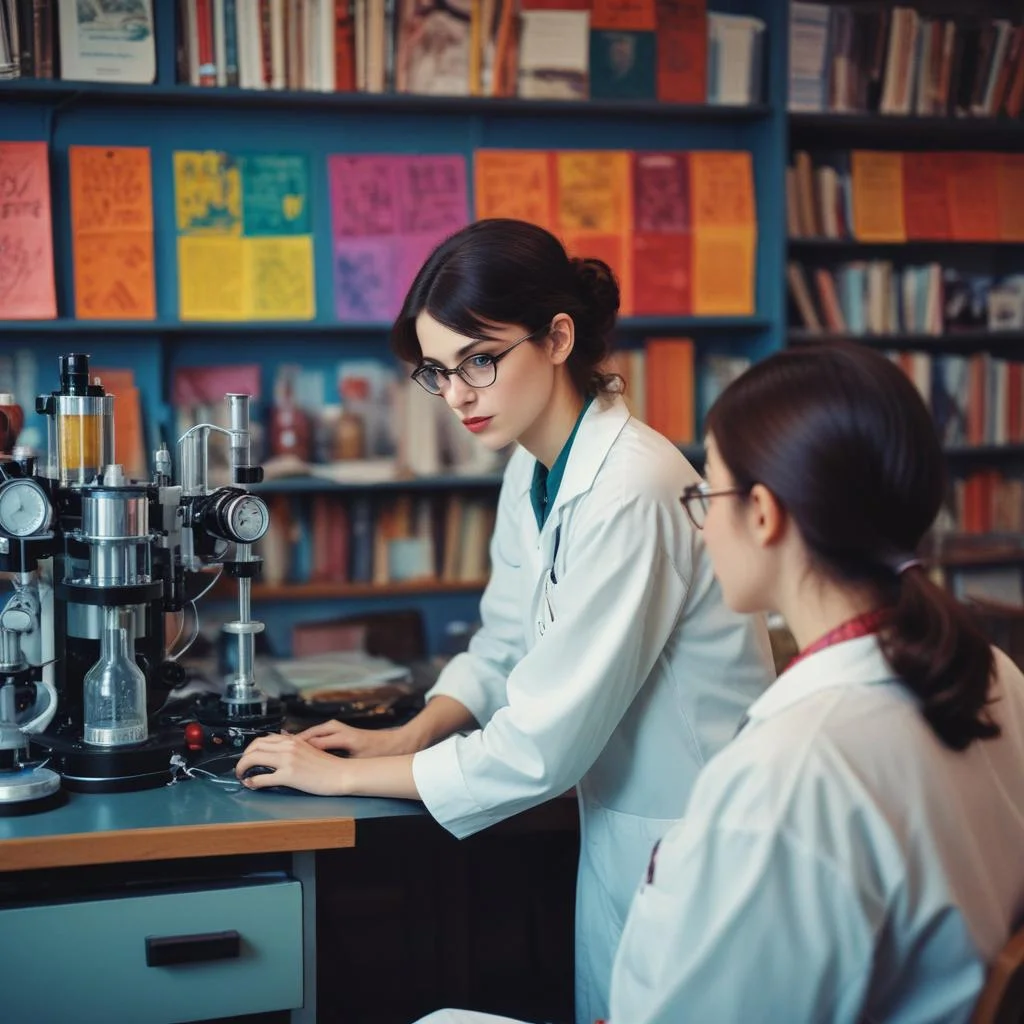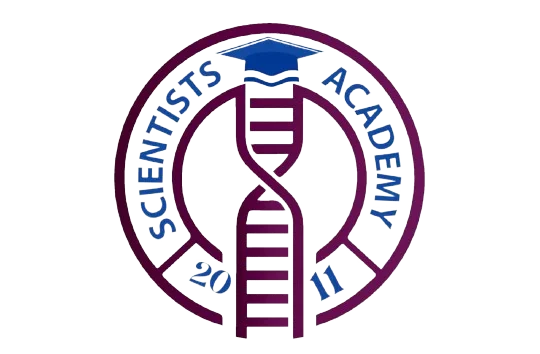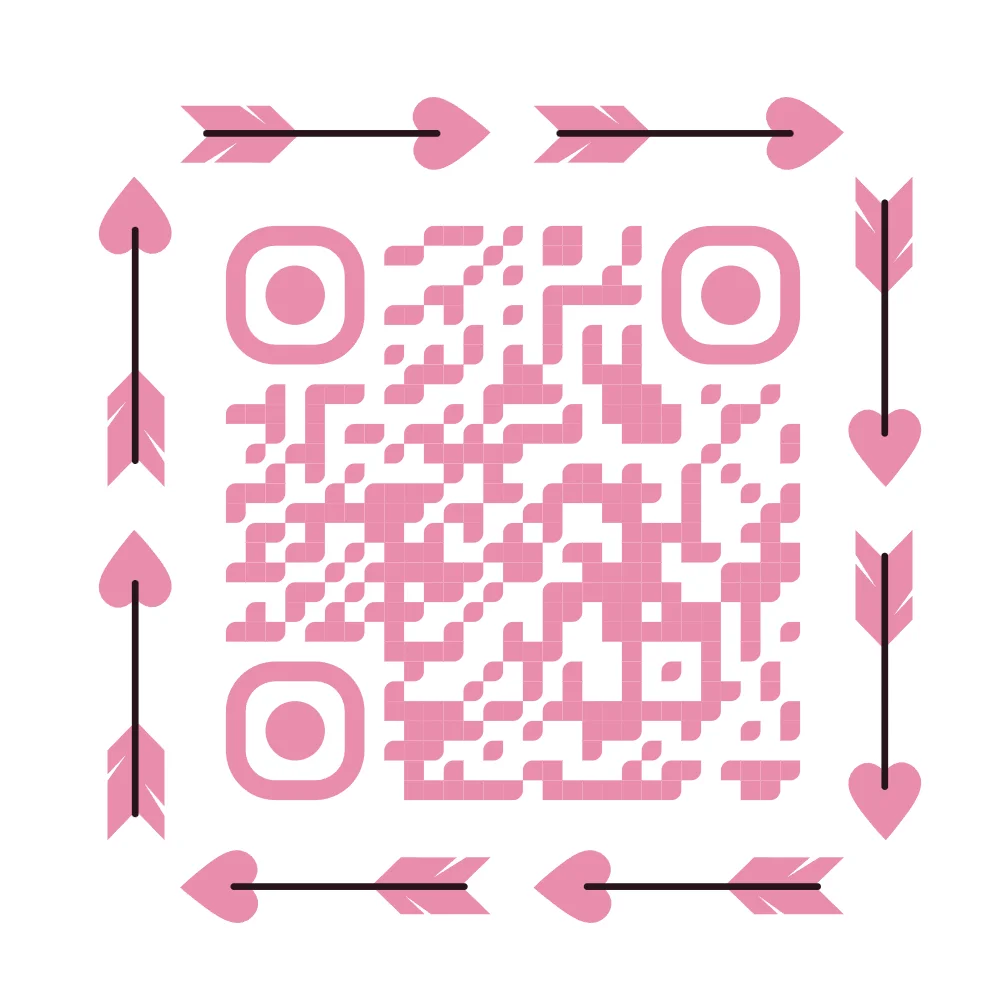
Details
28 days - Morning & Afternoon
Morning: 9 AM to 12 AM
Afternoon: 6 PM to 9 PM
Language only
350 SAR
Description
The Microbiology Preparation course offered by Scientists Academy is meticulously structured to cover all the essential study guide content for the ASCP MLS (Medical Laboratory Scientist) certification exam. This comprehensive course comprises 20 detailed lectures and 3 dedicated revision sessions, ensuring an in-depth understanding of clinical microbiology necessary for achieving certification and excelling in the field.
Throughout the course, students will explore key areas of microbiology including bacterial, viral, fungal, and parasitic infections, diagnostic microbiology techniques, antimicrobial susceptibility testing, and infection control. Each lecture is designed to blend theoretical knowledge with practical laboratory applications, providing a holistic understanding of the clinical significance and diagnostic processes of various microorganisms.
The final 3 lectures are focused on intensive revision, aimed at reinforcing core concepts, practicing exam questions, and honing strategies for successful exam performance.
Requirements
Internet connection
Laptop/Tablet/PC
A working headphone with a microphone
Internet connection
A working headphone with a microphone
Laptop/Tablet/PC
Course Highlights
- Comprehensive coverage of ASCP microbiology study guide topics
- 20 in-depth lectures on critical microbiology concepts
- 3 focused revision sessions for thorough exam preparation
- Integration of theoretical principles with practical applications
- Instruction by experienced microbiologists with expertise in ASCP exam requirements
Key Topics Covered:
1. Introduction to Clinical Microbiology – Overview of microbial taxonomy, physiology, and significance.
2. Bacteriology – Classification, identification, and diagnostic techniques for pathogenic bacteria.
3. Virology – Structure, replication, and laboratory diagnosis of viral infections.
4. Mycology – Study of pathogenic fungi, laboratory identification, and antifungal susceptibility testing.
5. Parasitology – Identification and diagnosis of protozoan, helminthic, and ectoparasitic infections.
6. Specimen Collection and Handling – Best practices for collecting, transporting, and processing clinical specimens.
7. Microscopy and Staining Techniques – Microscopic examination, staining methods, and interpretation.
8. Culture Techniques and Media – Methods for cultivating and isolating microorganisms.
9. Biochemical Testing – Enzymatic and metabolic tests for microbial identification.
10. Molecular Diagnostic Techniques – DNA/RNA-based methods for detecting and characterizing pathogens.
11. Antimicrobial Susceptibility Testing – Principles, methods, and interpretation of susceptibility testing.
12. Infection Control and Prevention – Techniques for preventing and controlling healthcare-associated infections.
13. Epidemiology and Public Health Microbiology – Surveillance, outbreak investigation, and public health implications.
14. Zoonotic and Emerging Infectious Diseases – Study of diseases transmitted from animals to humans and new infectious threats.
15. Immunology in Microbiology – Immune response to infections and serological diagnostic techniques.
16. Clinical Correlation and Case Studies – Integration of microbiological findings with clinical case scenarios.
17. Laboratory Safety and Quality Assurance – Safety protocols, quality control, and regulatory compliance.
18. Antibiotic Resistance – Mechanisms, clinical impact, and strategies for managing resistant infections.
19. Advanced Diagnostic Techniques – Innovations in diagnostic microbiology and their clinical applications.
20. Review of Key Pathogens – Detailed study of significant bacterial, viral, fungal, and parasitic pathogens.
Learning Outcomes:
By the end of this course, participants will have a thorough understanding of clinical microbiology, equipping them with the knowledge and skills necessary to pass the ASCP certification exam and excel in professional laboratory roles.
Target Audience:
This course is ideal for students, laboratory technologists, and healthcare professionals preparing for the ASCP MLS certification exam, and those looking to enhance their proficiency in clinical microbiology.
For detailed course content, please refer to the ASCP MLS study guide here.



